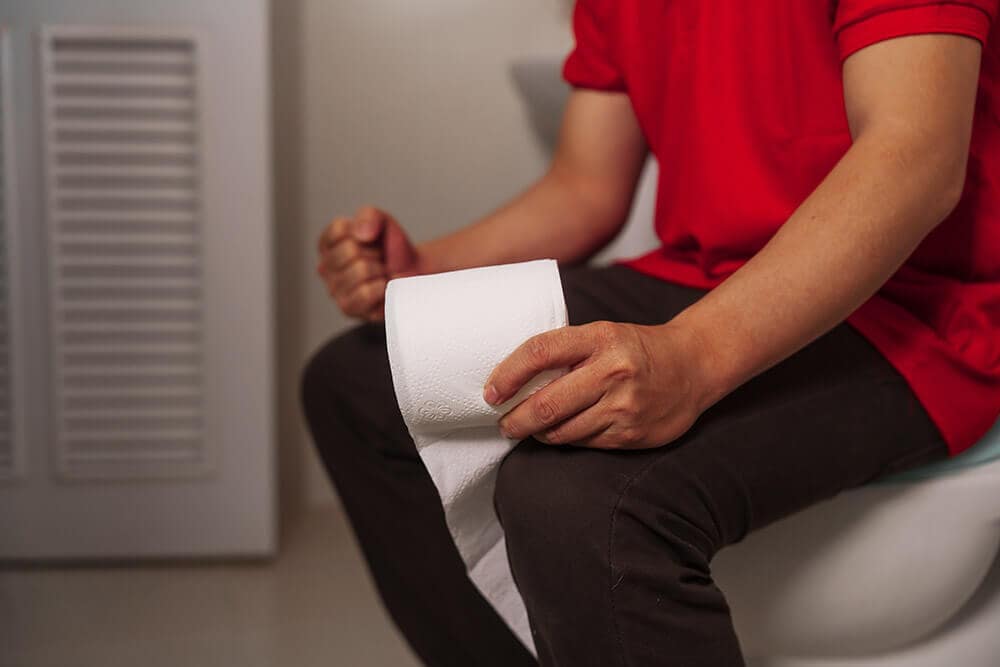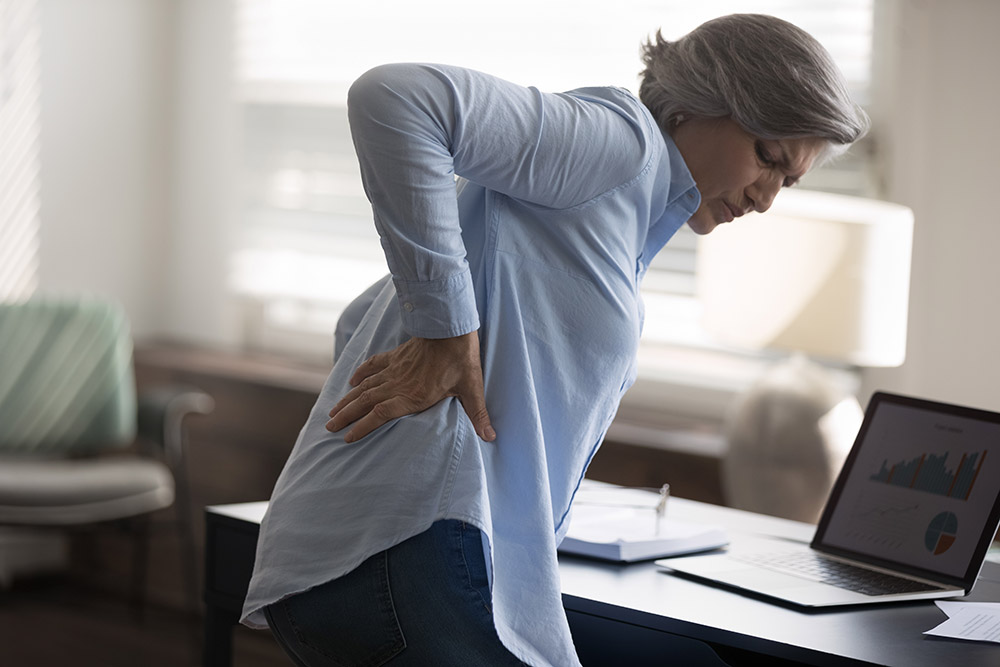Expert Treatment for Epigastric Pain by Dr. Bharat Pothuri
Dr. Pothuri uses a step-by-step approach:
Medical History and Physical Exam
He reviews your symptoms, dietary habits, medication use (NSAIDs, aspirin), alcohol intake, smoking history and stress factors. A focused abdominal exam checks for tenderness, swelling or signs of hernia.
Blood Tests
Laboratory studies include
- Complete blood count (CBC) to look for infection or anemia
- Liver function tests (AST, ALT, ALP, bilirubin)
- Pancreatic enzymes (amylase, lipase)
- H. pylori antibody or stool antigen testing
Imaging Studies
- Abdominal ultrasound to detect gallstones, gallbladder inflammation or pancreatic changes
- CT scan or MRI abdomen for detailed evaluation of the pancreas, biliary tract and surrounding organs
Endoscopy and pH Monitoring (if needed)
An upper endoscopy (EGD) lets Dr. Pothuri directly visualize the esophagus, stomach and duodenum, take biopsies if needed, and treat ulcers or bleeding. Ambulatory pH testing may be used to quantify acid reflux. In select cases, procedures like ERCP assess or treat bile duct disorders.

Frequently Asked Questions
What causes pain after eating?
Large meals, high-fat foods, or acid reflux may trigger symptoms after eating.
How long does the pain last?
Pain can last minutes or hours. Many people feel better within a few days once treatment begins.
When should I worry about epigastric pain?
You should seek help if your pain is severe, ongoing, or comes with vomiting, fever, black stools, or weight loss.
Can stress lead to stomach pain?
Yes. Stress can increase stomach acid and tighten stomach muscles, causing discomfort.
How is stomach pain different from chest pain?
Stomach pain often relates to meals. Chest pain linked to the heart may feel like pressure, with sweating or pain in your arm or jaw.
Do lifestyle changes make a difference?
Yes. Diet changes, quitting smoking, and reducing stress can improve symptoms in many cases.
Is endoscopy a safe test?
Yes. It is a low-risk, outpatient procedure that helps doctors understand what's happening inside your digestive tract.












